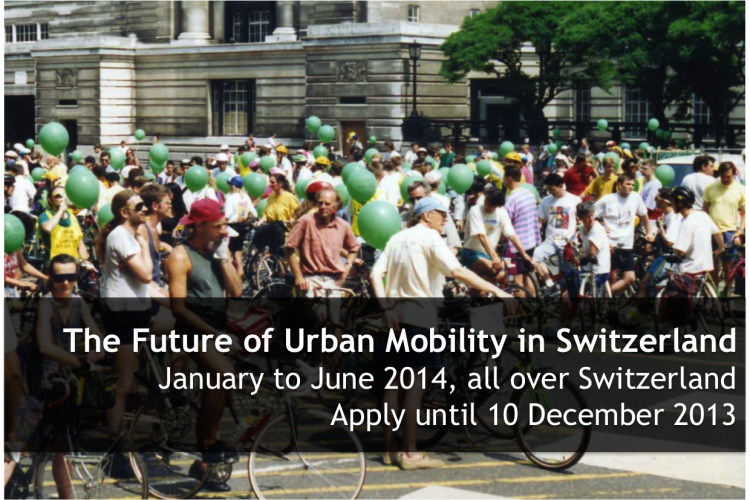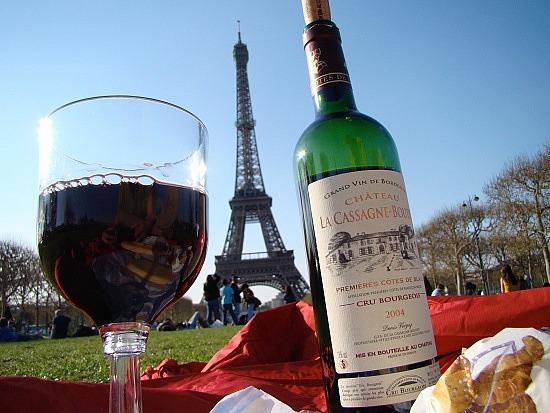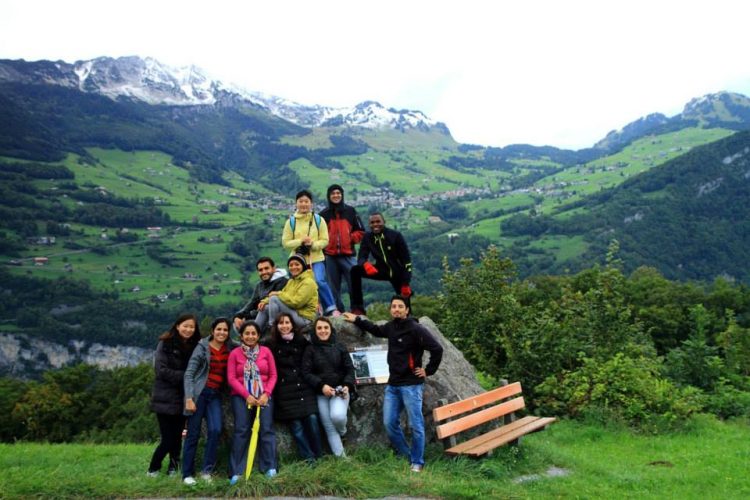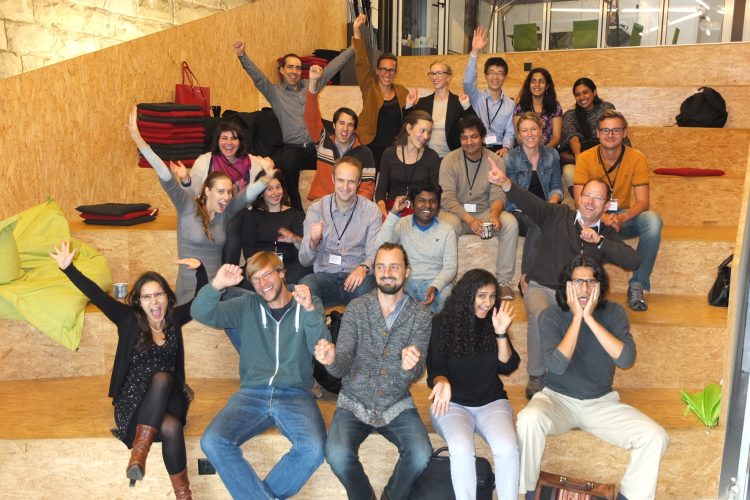In partnership with Impact Hub Zürich and NZZ Campus, we seek for writers, filmmakers, social media experts and event managers to build a six-month media campaign newsroom on the “Future of Urban...
If you are in Paris on October 18th, don’t miss the opportunity to meet oikos Alumni and enjoy a very nice dinner! Where: Café de l’industrie, 16 Rue Saint-Sabin...
“I’m so glad I live in a world where there are Octobers.” L.M. Montgomery’s words aptly capture how we feel about October as well. This is a month of...
Engaging workshops, controversial debates, nuclear reactor sightseeing, cultural activities and, of course, loads of energy! This was the conference “Sustainable Energy for Europe” that was held in Warsaw on...
By Guillermo Casasnovas, PhD Candidate, University of Oxford and Bogdan Prokopovych, Assistant Professor, University of Rhode Island. Hybrid ventures are organizations that combine conflicting goals and missions, adopt contradictory practices, and...






